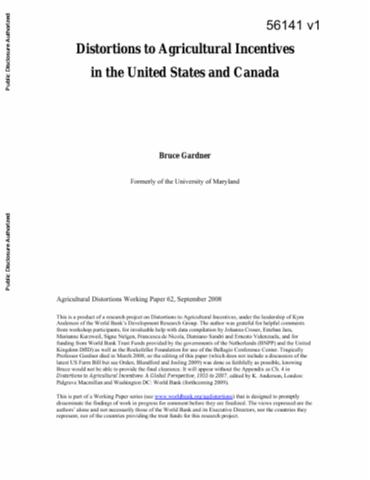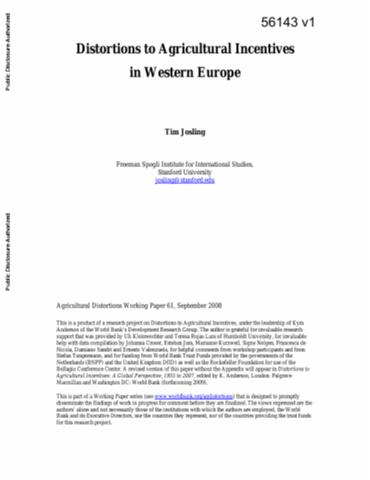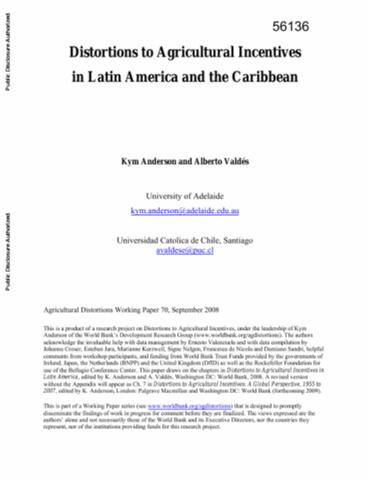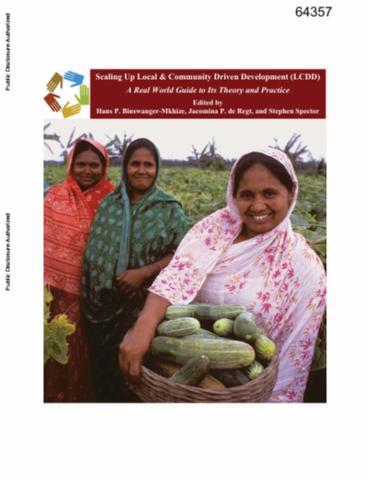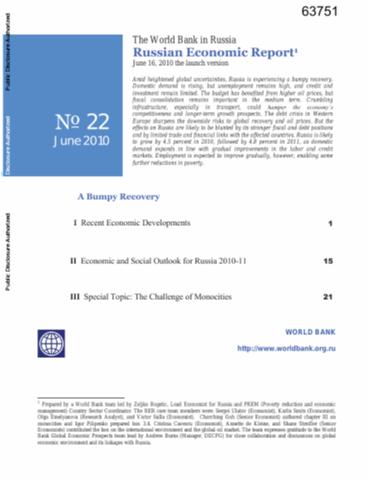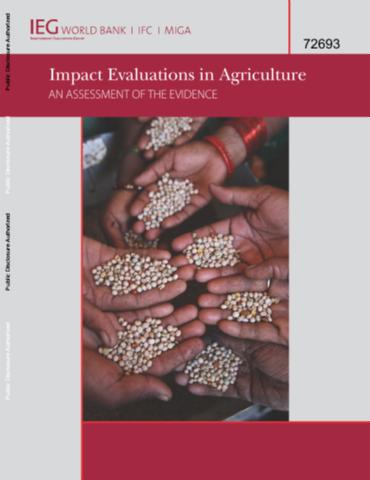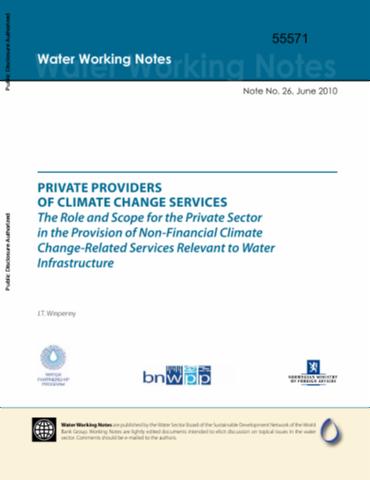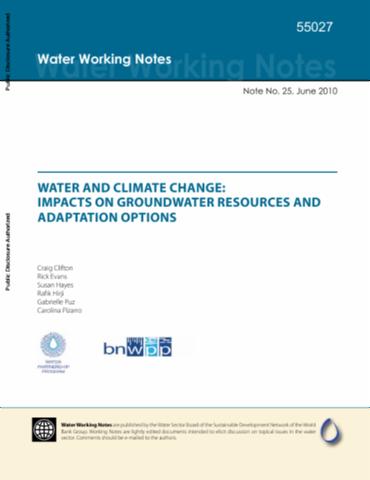Distortions to Agricultural Incentives in the United States and Canada
There is much in common between the agricultural sectors of the United States and Canada. This chapter begins with a brief background on the two sectors, then reviews their histories of farm policy developments before reporting new estimates of rates of assistance to their farmers and their consequences for taxpayers and consumers. This is followed by an explanation of the politics behind the evolution and gyrations in farm policies in the two countries, and some speculation on the prospect for reform.

